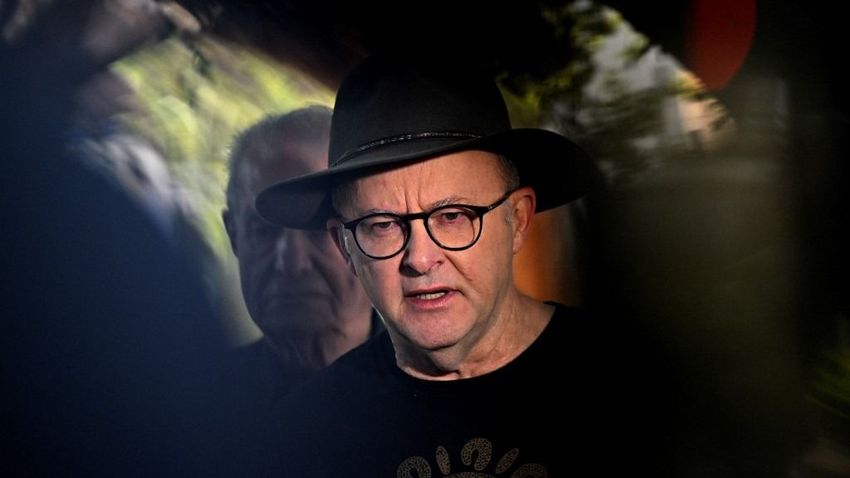The majority of Australians rejected Aboriginal people having a greater political role in the future. According to preliminary results, about 58 percent of respondents voted “no” in the historic referendum.
Photo: Agence France-Presse
Australian Prime Minister Anthony Albanese announced the result on Saturday evening, local time, and stressed the need to respect the voters’ decision.
He admitted in his speech that he did not expect this result, but added: “We have to find a new way.” He said he would continue to work for reconciliation with Indigenous people and to end divisions in Australian society.
Australians had to decide whether they supported changing the constitution to include a “Voice of Parliament”, an Aboriginal committee that would make recommendations to the federal parliament on Aboriginal issues.
The plan was opposed by many conservative opponents, but not all indigenous people supported it either, because many believed that this solution was not sufficient to represent their interests.
Regarding the referendum, it is important to know that the indigenous people who have lived on the continent for 65,000 years have not had civil rights at all since the colonization of Australia until 1967.
According to indigenous rights experts
The referendum result may leave its mark on Australia’s global reputation, with some saying the country has fallen behind other countries in securing indigenous rights.
In the past, Australians have voted on 44 constitutional amendments in 19 referendums, of which only eight have been approved. In the last referendum before Saturday, voters refused to declare Australia a republic.












































